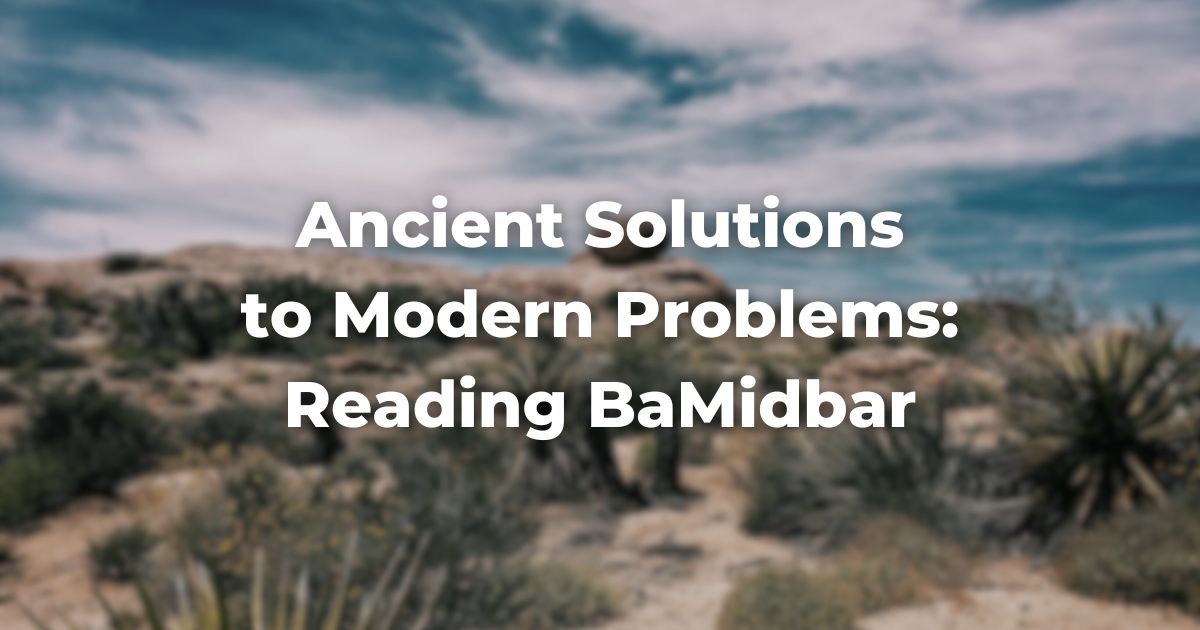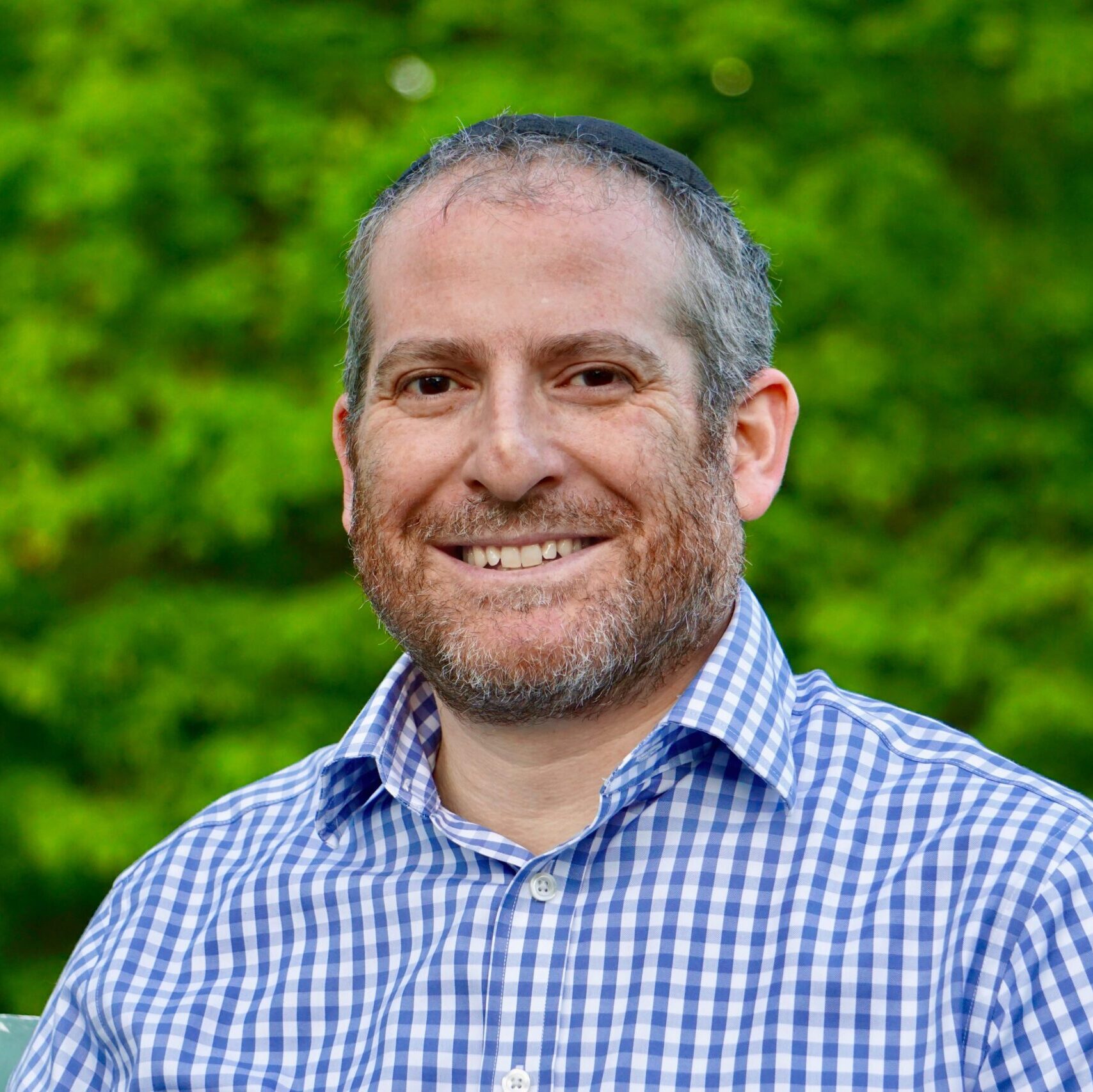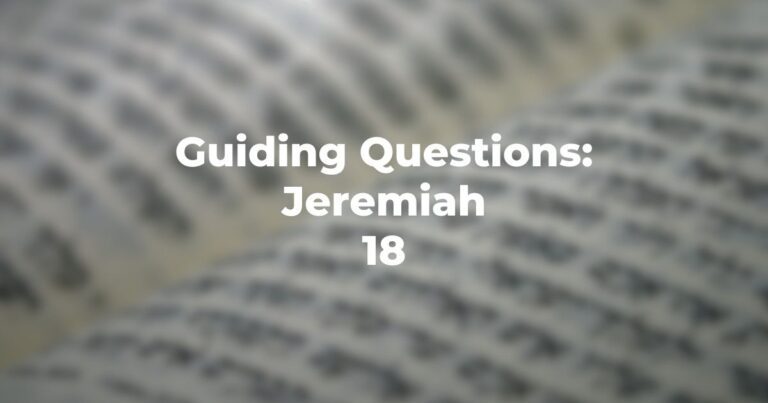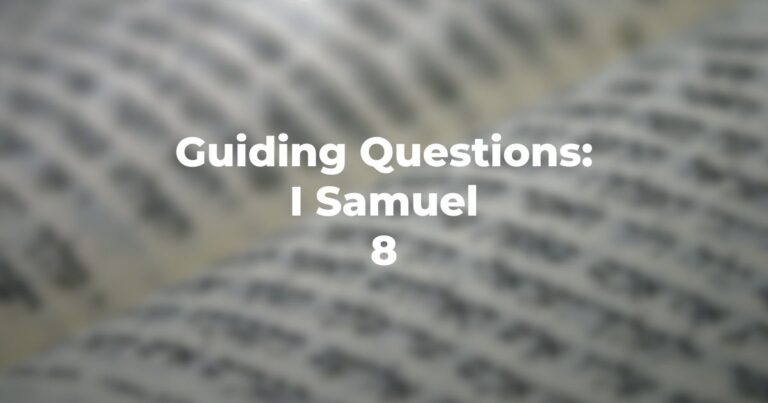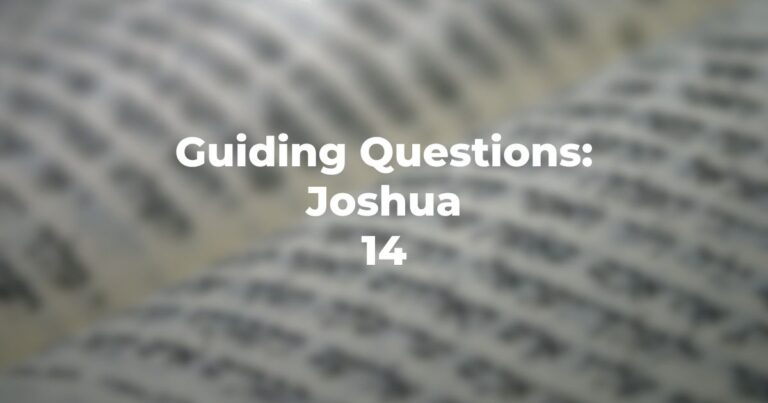This Shabbat, we will begin reading the Book of Bamidbar, and each time we start or finish a book of the TorahRefers to the first five books of the Hebrew Bible, the Tanakh, also called the Five Books of Moses, Pentateuch or the Hebrew equivalent, Humash. This is also called the Written Torah. The term may also refer to teachings that expound on Jewish tradition. Read more, I have strong emotions.
Each humashA collection of the Five Books of Moses, Pentateuch, or the Hebrew equivalent. Includes the haftarot readings, and usually contains some commentary. It is often used on Shabbat mornings to help follow the Torah reading. Read more, each fifth of the Torah, each beginning, and each end evokes very different emotions. My feelings come from years of living with these texts, of their words as part of lifecycle and learning. Others may feel differently, and I hope you will take the time to consider how they feel.
Of all the books of the Torah, Bamidbar is the one I anticipate the most.
It is, to me, the most enduring source of inspiration in navigating modern Jewish communal life. To paraphrase the words of the 19th-century commentator Netziv in Haamek Davar, ‘this book records the challenges of the transition from living in the desert under God’s protection to the challenges of living as a society in the Land of Israel.’ In Bamidbar there is politics, resource scarcity and abundance, war and peace, family politics, ethnic and religious tension, and gender issues; it’s all there.
The book begins one year after the Exodus, just about enough time for everyone to get into a rhythm of living together and learning about life in the desert. It is also just enough time for life to get more complicated and to leave behind the aura of the miracles of the Exodus. I want to highlight only a few issues that jump out to me every year.
Hunger is Real
In chapter 11, there are murmurs and complaints, and Moshe is fed up. He tells God that if this is how it’s going to go, he’d rather not continue. One complaint that drives the people to rebel against Moshe is their food situation. They miss fresh food. Now this may seem like a paltry complaint. Who needs cucumbers and fish when you have manna?! – but it’s vital for us to understand that personal comfort is not something to ignore. We must see to material needs as well as spiritual needs.
Sharing the Load
Moshe’s frustration is also answered – God tells him to appoint a committee of seventy elders to help support him in his leadership. Remember that there were already a series of appointments at the suggestion of Yitro (in Shemot 18); this seems to be a higher-level court that prefigures the Sanhedrin that will eventually be established in the Land of Israel
Radical Humility
Korach rebels against Moshe. He wants to know what is so special about this guy that he should be in charge of everything. Dathan and Aviram have different questions but also challenge Moshe’s right to rule.
How Moshe deals with these challenges through radical humility is a great lesson for us all. Moshe prostrates himself and listens to the complaints. He doesn’t have an answer, that in itself is a profound lesson. Ultimately he has to appeal to God and God’s miracles to prove that he is the rightfully appointed leader, but I have always felt that Moshe really believed that others could have led, he just happened to be the leader at that time.
Asking for Help
Two stories that appear unrelated have a very deep message. In chapter 15, we learn that someone has broken Shabbat, and in chapter 26, the daughters of Zelofechad contest the inheritance laws that would leave them without property and land. In both these cases, Moshe needs to ask for help. In each situation, he has the great benefit of turning directly to God to fill in a gap in the legal system.
While we don’t have direct access to God, we do have access to teachers, mentors, and friends, and if Moshe Rabbeinu, Moses our Teacher, can ask for help, so can we.
As we wander in a political and social desert where leadership is often lacking, we can take some solace, we are not experiencing a new problem: life is hard, leaders, even exceptional ones, have a lot to contend with, and it’s a ‘tough crowd.’
The few examples I have shared are focused on humility, on recognizing that there are higher powers and higher values, that there is great benefit in stopping and listening and getting a second opinion. Even when the person asking the question may not have the purest motives, it is worthwhile to listen and consider and maybe ‘sleep on it’ before responding.
I challenge us all to look at ancient solutions to current problems with new eyes.
Author
-

Rabbi Mordechai Rackover serves as Editor in Chief of Exploring Judaism and Director of Publications and Digital Engagement at The Rabbinical Assembly. He has a background in education, campus work, and the pulpit. Mordechai studied for nearly a decade in a number of Yeshivot in Israel and has a BA in Jewish Studies from McGill University and an MA in Jewish Communal Leadership from Brandeis University. When not working he can be found reading or cooking and occasionally catering. Check out his Instagram for mouthwatering shots.
View all posts

